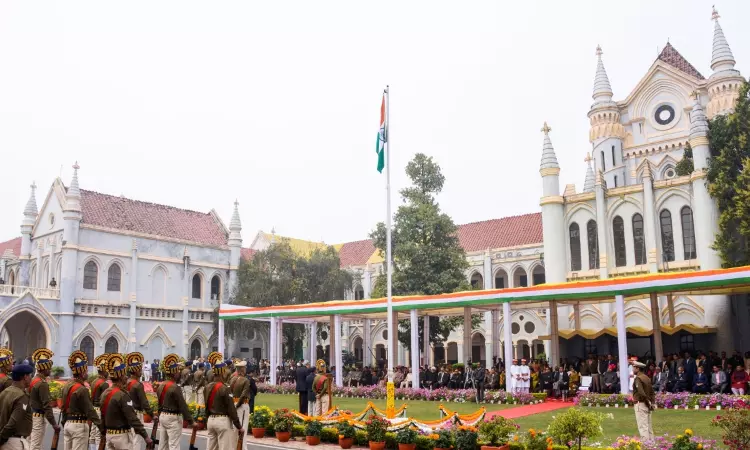Madhya Pradesh High Court Directs All State Courts To Strictly Follow Supreme Court's 'Arnesh Kumar Guidelines'
Sparsh Upadhyay
23 Sept 2023 6:09 PM IST

Next Story
23 Sept 2023 6:09 PM IST
The Madhya Pradesh High Court on Wednesday issued a circular for all the Sessions and criminal courts in the state directing them to strictly follow the guidelines issued by the Supreme Court in the 2014 Arnesh Kumar Judgment on arrests. The circular has been issued in pursuance of directions of the Supreme Court of India, in the case of Md. Asfak Alam vs. The State of Jharkhand...
